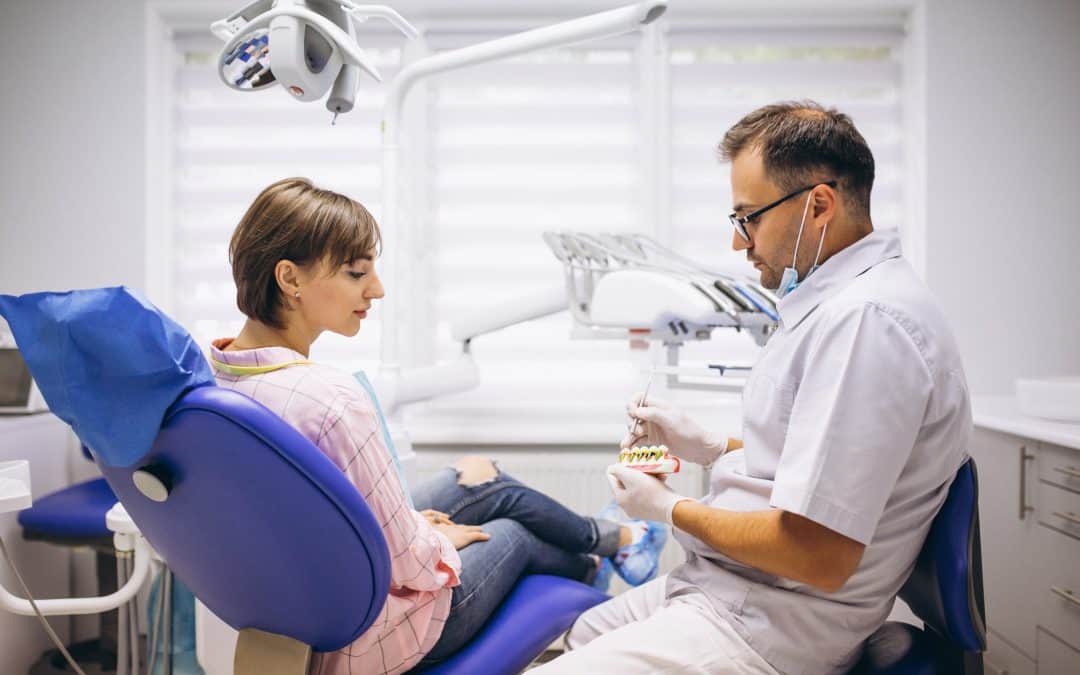Teeth. Many of us hardly pay attention to them when we are young. Some of us start recognizing them only when a problem arises, or, worse yet, when we start to loose them. Thank dental technology, we don’t entirely have to say goodbye if one falls out.
As one of three main options for replacing missing teeth, dental implants can replace a single tooth, several teeth or your entire set.
Before even indulging the procedure, a couple of things need to happen. Teeth may need to be pulled and bone grafts may be necessary. Furthermore, the multi-layered process can be expensive, and can range from around $3,000 to $6,000. Unfortunately, most dental insurance doesn’t cover the procedure, though it may cover a portion of the cost of a crown.
While the American Dental Association estimates that the vast majority of implant surgeries are successful, those that aren’t can require another complicated and costly removal procedure.
According to experts the 10-year success rate for implants is around 95 to 98 percent. Interestingly, the lower jaw being slightly more successful than the upper jaw. But we need to understand that just like anywhere else, problems can arise.
Here’s what the experts at Trevor Smith Dental want every prospective implant patient to understand
- Patients should be sure to discuss their meds with their dentists, these may also interfere with the fusing of the implant to the jawbone. Heartburn medications, for instance, can interfere with calcium processing, hereby damaging the ability of the jawbone to heal around the implant screw.
- Tobacco users have an implant failure rate of up to 20 percent as nicotine restricts blood flow to the gums. This can slow the healing process and cause inflammation of the gum tissue around an implant.
- An estimated 20 percent of women 50 or older have osteoporosis, and about 50 percent are estimated to have low bone mass. This often means a bone graft will be necessary to ensure that there is enough bone density to hold an implant in place.
- If an implant candidate has had either chemotherapy of neck radiation in the past, these therapies can weaken the bone structure and affect the lifespan of an implant.
Potential implant patients must share their full health history with the dentist. Also, your dentist should take a CBCT X-ray to assess your patient’s bone density level. Patients can also inquire if their dental surgeon plans to use a computer model to do a virtual dry run of the procedure.
Positioned as experts, Trevor Smith Dental understand the intricacies of this ever-evolving field with their services are specifically tailored to the needs of their clients.
Sources:
- https://www.colgate.com/
- https://www.medicinenet.com/
- https://www.implantology.co.za/
- http://www.drgkok.co.za/


Recent Comments